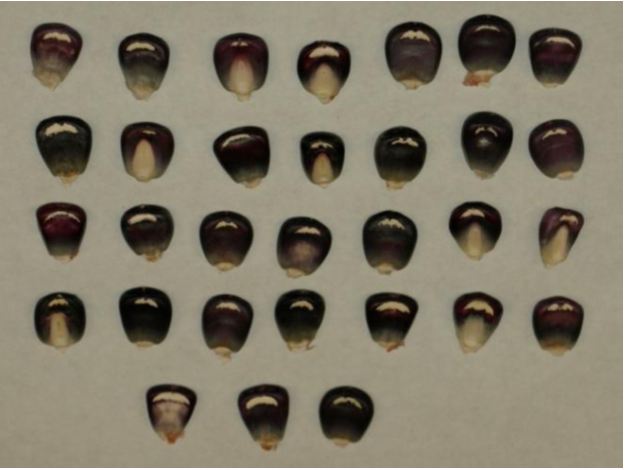The vault will welcome more seeds on Feb. 25
By Diego Flammini
Staff Writer
Farms.com
A seed storage facility in Norway is preparing to receive its next crop of culturally sensitive seeds.
The Global Seed Vault in Svalbard will receive more than 65,000 new seed sample duplicates from 36 genebanks during a depositing ceremony on Feb. 25.
“Never before in the Seed Vault’s history have so many institutions deposited seeds at one single occasion,” Åsmund Asdal, the seed vault coordinator with NordGen, said in a Feb. 18 statement. “This is great news and an important step towards securing the world’s crop diversity.”
The vault currently holds more than 980,000 samples, originating from almost every country on the planet. It has the capacity to store 4.5 million varieties of crops, with each variety containing about 500 seeds.
NordGen helps manage the seed vault along with Norway’s federal government and the Crop Trust, an international non-profit dedicated to protecting food security.
Nine of the new seed varieties will come from a U.S.-based tribe.
The Cherokee Nation will be the first American tribe to have some of its crop seeds secured in the vault.
The seeds include Cherokee White Eagle Corn, a blue and white corn with a red cob. The corn variety received this name because it is believed the image of a white eagle appears on some of the kernels. The corn is also used in cultural ceremonies.
“I think congratulations are in order for the Cherokee Nation,” Pat Gwin, the tribe’s senior director of environmental resources, told Farms.com. “Our motto was as long as we can keep the eagle flying, the Cherokees will persevere.”

Cherokee White Eagle Corn
Cherokee long greasy beans, Cherokee Trail of Tears beans, Cherokee turkey gizzard black and brown beans, Cherokee candy roaster squash, and three other varieties of corn, make up the remainder of the Cherokee seed contributions.
The process of getting the Cherokee crops into the seed vault started in 2005 when planning of the facility in Svalbard was in its early stages.
“Our tribal council decided we needed to get our seeds into this vault,” Gwin said. “We came to find out that our ancestral seeds did not come on the trail with us, so it was a multi-year project where we’re trying to research, locate and recover particular crops and seeds.”
The trail Gwin mentioned refers to the Trail of Tears.
In 1838, about 15,000 Cherokee were expelled from Alabama, Georgia, North Carolina and Tennessee and forced to relocate in what is now Oklahoma.